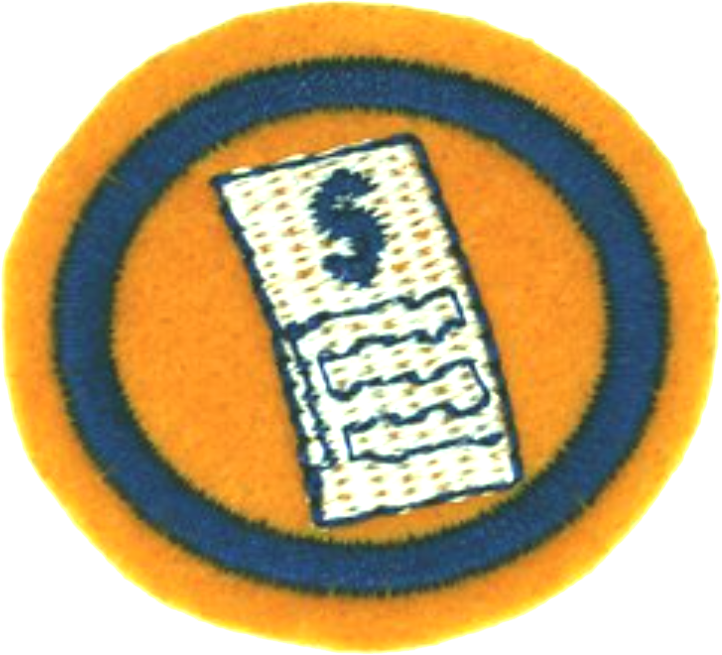Difference between revisions of "AY Honors/Household Budgeting"
Jomegat bot (talk | contribs) m (remove master1 parameter from Homemaking honors) |
m |
||
| Line 8: | Line 8: | ||
|insignia=Family Budgeting.png | |insignia=Family Budgeting.png | ||
|insignia_source=SAD | |insignia_source=SAD | ||
| − | |||
|overview= | |overview= | ||
|challenge= | |challenge= | ||
Revision as of 07:09, 17 March 2021
| Household Budgeting | |
|---|---|
| Household Arts | |
Skill Level 123 | |
Approval authority South American Division | Year of Introduction 2012 |
See also | |
AY Honors/Household Budgeting/Overview
The most challenging requirement of this honor is probably this:
14. What are some advantages and disadvantages of using automatic payments (autopay)?
- a.
- b.
- c.
1. What is a household budget and what is the importance of having one?
2. Define the following:
- a. Income
- b. Expenses
- c. Cash flow
- d. Loan
- e. Usury loan
- f. Interest
- g. Principal
- h. Credit
- i. Credit score
- j. Investments
- k. Tithe/offerings
- l. Taxes
- m. Inflation
3. Explain the difference between needs and wants. Make a list of your family's expenses and classify them as needs or wants.
4. What can you and your family do to save on utilities? How do any of these expenses vary during different seasons of the year in your home?
5. How can inflation affect a family budget?
6. What are the methods your family uses to pay bills? What other methods could be used?
7. What types of taxes exist in your area (city, state/provincial, federal, income, property, sales, payroll, etc.)? What are taxes typically used for in your region?
8. Explain the difference between good and bad debt.
9. What is interest? How is it calculated? Calculate how much it would truly cost to finance a $5000 loan with a 7% interest rate over 5 years.
10. Investigate what is the interest rate and what are the financial responsibilities in the lines of credit for the following:
- a. Credit card
- b. Overdraft
- c. Student loan
- d. Usury loan
11. What measures can be taken when the family is in debt?
12. Consider Proverbs 6:6-8 and discuss the value of having an emergency fund. How many months worth of income should generally be saved for emergencies?
13. Read Matthew 25:14-30 and discuss the value of investing money. Identify at least two methods of investing money. What are the advantages and disadvantages of each?
14. What are some advantages and disadvantages of using automatic payments (autopay)?
15. Simulate the following (or equivalents):
- a. Identify an account and routing number
- b. Write and endorse a check
- c. Reconcile a bank statement
16. Interview a financial professional or equivalent about personal budgeting.
17. Develop a family budget (this can be done together with parents). Keep a personal budget and record income and expenses for two months.
18. Read Malachi 3:8-12 and discuss what role tithes and offerings could play in a personal/family budget.
1
A household budget is (hopefully) a written guide to how you plan to spend your household income. It also shows how much you plan to earn or otherwise receive as a family. Income may include employment, business, investment income and government payments to the family. Expenses will include housing (including rent or mortgage, utilities and property taxes), transportation, food, entertainment, clothing, education and other costs. You should also budget for savings and donations - ideally off the top before you spend the rest of your income.
2
2a
2b
2c
2d
2e
2f
2g
2h
2i
2j
2k
2l
2m
3
4
5
6
7
8
9
10
10a
10b
10c
10d
11
12
13
14
15
15a
15b
15c
16
17
18
References
Content on this wiki is generated by people like you, and no one has created a lesson plan for this honor yet. You could do that and make the world a better place.
See AY Honors/Model Lesson Plan if you need ideas for creating one.


